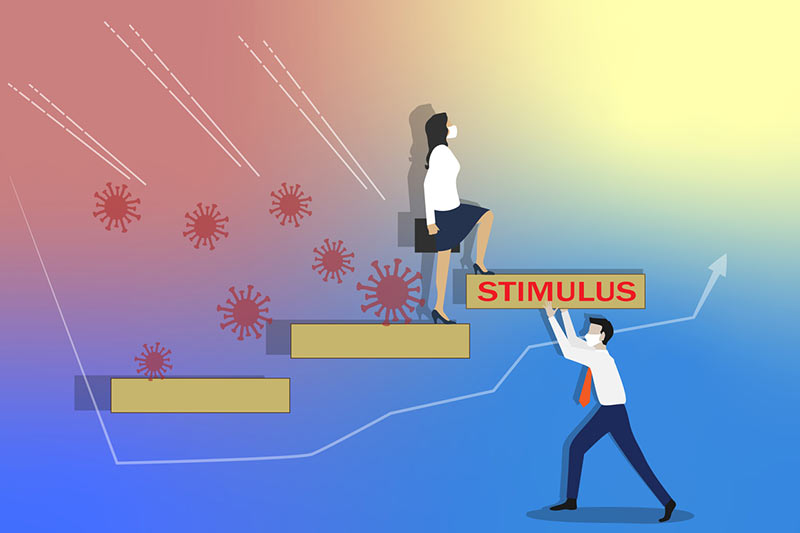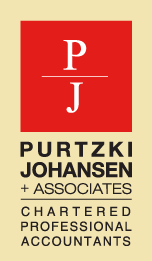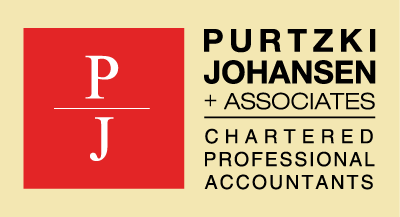
Four days ago, our new Minister of Finance Chrystia Freeland announced new measures to support Canadian workers through the next phase of the recovery.
CERB Extension
CERB to date has paid out about $70 billion to over 8.5 million Canadians. Prior to the announcement, the CERB program would have concluded at the end of August. It will now be extended to September 26, 2020.
Simplified EI
Here are the key changes:
- 120 hours of work in 2020 required to qualify.To illustrate, because of COVID-19, individuals lost their jobs in early March 2020. They then collected CERB for all 7 periods to September 26, 2020. They would look back to September 29, 2019 for insurable hours to determine whether they are eligible for EI when CERB ends on September 26. They would require 120 insurable hours (3 weeks at 40 hours per week, less than 4 weeks at 35 hours a week, or 10 hours a week for 12 weeks). Under the previous rules, the minimum hours required a range from 420 to 700 hours. Special rules will also facilitate EI eligibility for individuals transitioning from CERB to EI special benefits (maternity, parental, compassionate care, family caregiver and sickness).
- Minimum benefit rate of $400 per week.Normally, the weekly benefit is 55% of average weekly earnings for a period of 14 and 22 weeks, to a maximum weekly benefit of $573. If the normal rules would result in a higher benefit, that higher benefit will be paid. Due to the minimum unemployment rate being set at 13.1% across Canada, the best 14 weeks will apply to all claims under the normal rules. Individuals receiving extended parental benefits will receive a minimum of $240 per week, as these benefits are 60% of normal benefits to offset the additional weeks for which benefits are received.
- At least 26 weeks of regular benefits. Under the normal rules, EI is available for 14 to 45 weeks. If the normal rules would result in access to more weeks of benefits, benefits will be available over that longer period.
Canada Recovery Benefit (CRB)
Effective September 27, 2020 for one year, the Canada Recovery Benefit provides a benefit of $400 per week, for up to 26 weeks, to workers who are not eligible for EI. This benefit is designed to support the self-employed.
The benefit is available to those who:
- are at least 15 years old and have a valid Social Insurance Number;
- have stopped working due to the pandemic and are available and looking for work; or are working and have had reduction in their employment/self-employment income for reasons related to the pandemic;
- are not eligible for employment insurance;
- had employment and/or self-employment income of at least $5,000 in 2019 or in 2020;
- have not quit their job voluntarily.
Workers would apply after every two-week period for which they are seeking income support. They have to attest that they continue to meet the requirements. In order to continue to be eligible for the benefit, the claimant would need to look for and accept work when it is reasonable to do so. The benefit is taxable.
To encourage claimants to return to work, they would be able to earn income from employment and/or self-employment while receiving the benefit, as long as they continue to meet the other requirements. To ensure that the benefit targets those who need it most, claimants need to repay some or all of the benefits through the income tax return, if the annual net income, including the CRB payment, is over $38,000. In other words, claimants would need to repay $0. 50 of the benefit for each dollar of the annual net income above $38,000 in the calendar year to a maximum of the amount of the benefit received.
Canada Recovery Caregiving Benefit (CRCB)
The CRCB will provide $500 per week, for up to 26 weeks, per household to people who can’t work because they need to care for children or other dependents who have to stay home.
The benefit will be available from September 27, 2020 for one year.
What you need to know:
- You would apply after the period in which you are seeking income support.
- 2 members residing in the same household could not be in receipt of the benefit for the same period.
- You will need to have missed at least 60% of your scheduled work in the week for which you claim the benefit.
- The benefit is taxable.
Eligibility:
- be employed or self-employed on the day immediately preceding the period for which the application is made;
- have earned at least $5,000 in 2019 or in 2020;
- have not able to work for at least 60% of your normally scheduled work within a given week because of one of the following conditions:
- You must take care of a child who is under 12 years of age on the first day of the period for which the benefit is claimed:
- because their school or daycare is closed or operates under an alternative schedule for reasons related to the pandemic;
- who could not attend school or daycare under the advice of a medical professional due to being at high risk if they contract COVID-19; or
- because the caregiver who usually provides care is not available for reasons related to the pandemic;
- You must provide care to a family member with a disability or a dependent:
- because their day program or care facility is closed or operates under alternative schedule for reasons related to the pandemic;
- who cannot attend their day program or care facility under the advice of a medical professional due to being at high risk if they contract COVID-19; or
- because the caregiver who usually provides care is not available for reasons related to the pandemic.
- Not to be in receipt of paid leave from an employer in respect of the same week;
- Not to be in receipt of the CERB, the EI Emergency Response Benefit (ERB), the Canada recovery benefit, the Canada recovery sickness benefit, short-term disability benefits, workers compensation benefits, or any EI benefits in respect of the same week.
Canada Recovery Sickness Benefit (CRSB)
What you need to know:
- No medical certificate is needed to qualify for the benefit.
- You cannot claim the CRSB and receive other paid sick leave for the same benefit period.
- You will need to have missed at least 60% of your scheduled work in the week for which you claim the benefit.
- The benefit is taxable.
Eligibility:
- be employed or self-employed at the time the application is made;
have earned at least $5,000 in 2019 or in 2020;



